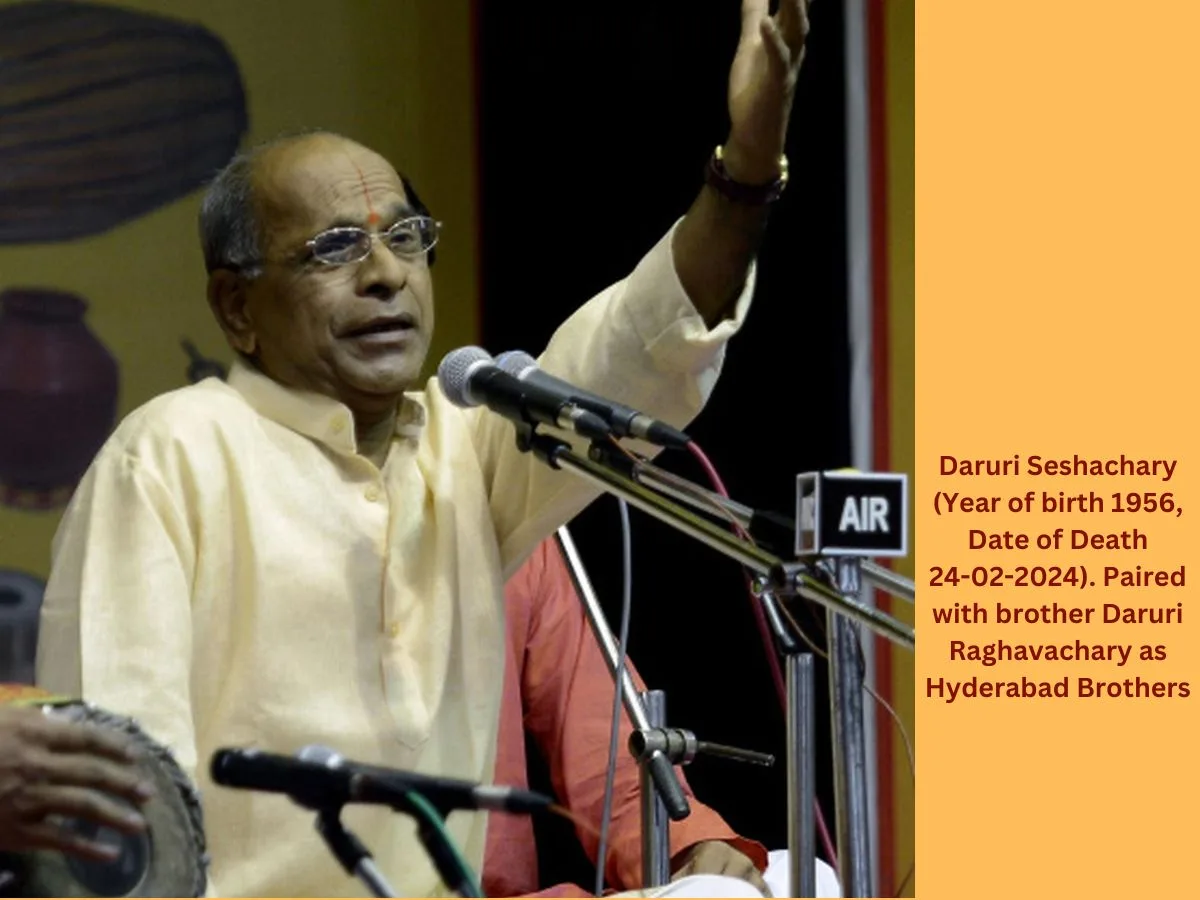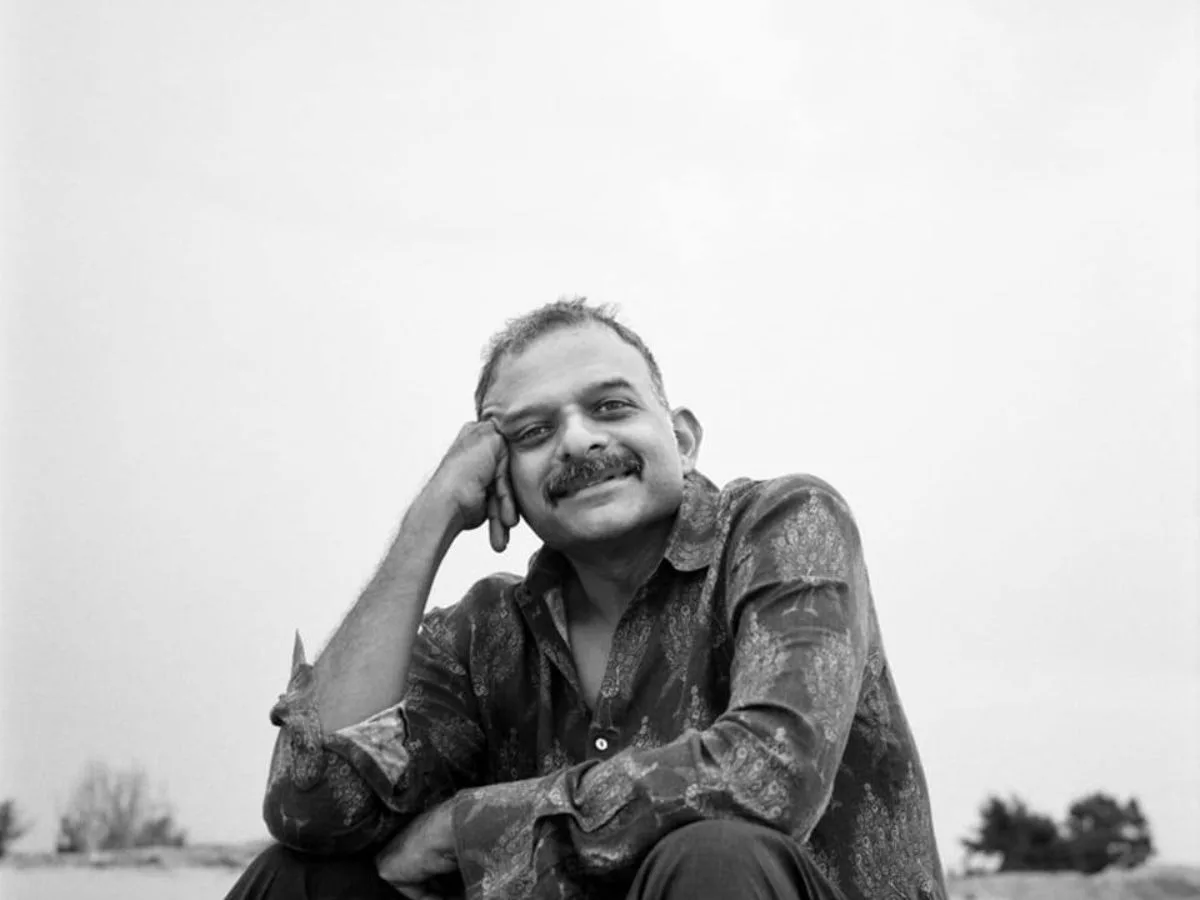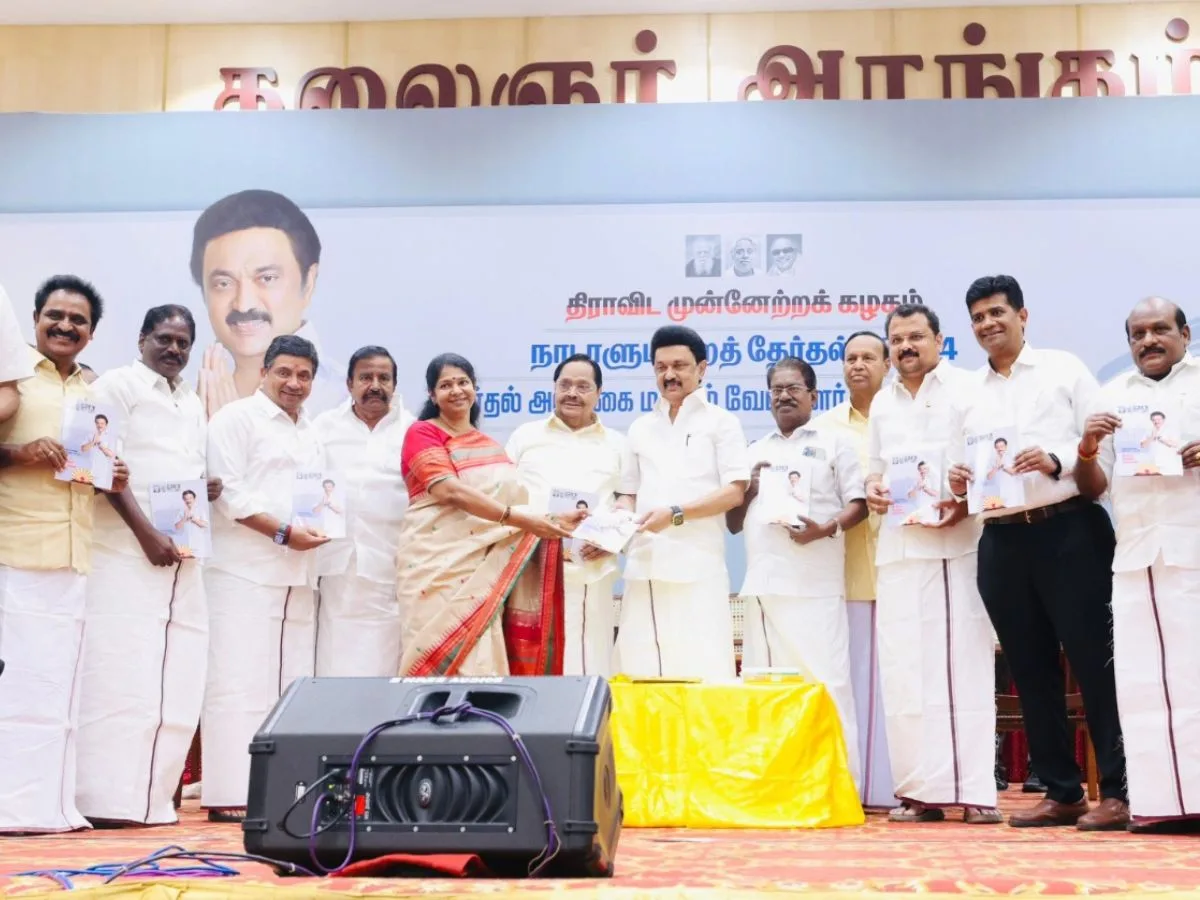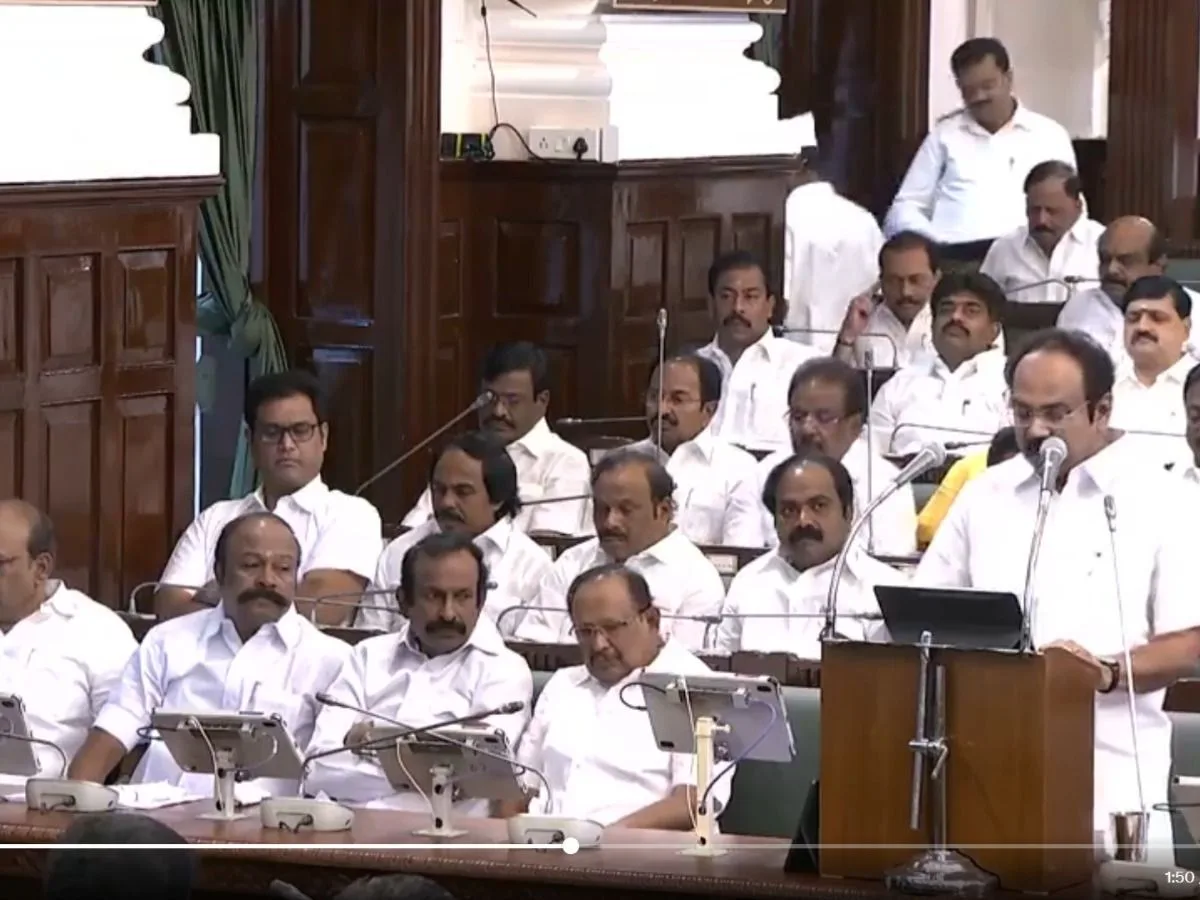Read in : தமிழ்
Rajamouli’s RRR is a film that has caught the imagination of many. The box office collections are proof of how much the film is loved all over. Though it is a period drama, the manner in which the Hindi mythology angle of Ram and Hanuman is showcased, has started a discussion. Social media is seeing many people drawing conclusions on whether there is a Hindutva message in RRR with acutely observed details.
In RRR, director Rajamouli gives his interpretation of the fictional tale of Alluri Sitaramaraju and Komaram Bheem’s journey. Bheem is shown as an amalgamation of Bheem (brutal strength with innocence) and Hanuman (loyalty). Bheem reunites Alluri Sita “Ram”a Raju and Sita despite the whole Vanara Sena (Britishers) trying to stop him.
Mythologicals made for popular Telugu movies just like they did in other languages. NTR’s popularity and demi god status was entirely owing to the gods he played in the films.
In any other film industry, and given the times we are in, this would be seen as a Hindutva angle. But Hindu myth and symbolism are not a recent phenomenon in Telugu film industry. Let us dwell in detail as to how these aspects were part of the typical Telugu film for long.
Mythologicals made for popular Telugu movies just like they did in other languages. NTR’s popularity and demi god status was entirely owing to the gods he played in the films.
Bhaktha Prahlada (1932): The first Telugu film was based upon Bhagavatham.
Muthyala Muggu (1975): Director Bapu – Ramanna took the last book of Valmiki’s Ramayana, Uttara Ramayana, and adapted it to modern times. .
Venkatesh’s Kaliyuga Pandavulu (1986) works around a Mahabharata episode that deals with the Pandavas foiling an attempt by the Kauravas to burn them alive at Lakshagriha (House of Lac). Balakrishna’s Athade Srimannarayana (2019) is a treasure hunt based on the Indian epics. In the Kali Yuga, Lord Srimannarayana, who has lost his Lakshmi, starts searching for Lakshmi who can fill his heart and his pockets.
Pawan Kalyan’s Agyaathavaasi has a father hiding his son to save themselves. The film is a rendition of Lord Krishna’s early days, growing up in Yashoda’s place even though he is Devaki’s son. The film is about his return from exile to save the Pandavas from Kaurava’s evil plans.
Vijay Devarakonda’s Geetha Govindam is a Radha-Krishna tale. The characters start off on the wrong foot and slowly understand each other. Mahesh Babu’s Bharat Ane Nenu is modeled on legendary emperor Bharat, one of the greatest administrators of the Bharata Dynasty.
Mahesh Babu’s Spyder is about how Lord Shiva turns Rudhra to save people from the blood-thirsty Bhairavudu.
Having said that, it is also true that Telugu movies don’t really promote a Hindutva narrative. Political Hinduism or Hindutva, especially in films, projects Hindu nationalism and war, defends caste system, glorifies brahmins or even portrays minorities negatively. These are rarely there in Telugu films although there have been exceptions.
Though the use of Hindu myth and symbolism declined in the 1990s and 2000s, it has always been around. In Indra, it is used to elevate religious places, such as in the song about Varanasi. The Jai Jai Ganesa song from Jai Chiranjeeva is a direct invoking of Hindu symbolism. Director K Viswanath’s films have always been based on Hindu symbols.
Having said that, it is also true that Telugu movies don’t really promote a Hindutva narrative. Political Hinduism or Hindutva, especially in films, projects Hindu nationalism and war, defends caste system, glorifies brahmins or even portrays minorities negatively. These are rarely there in Telugu films although there have been exceptions.
Balakrishna’s character in Jai Simha praises brahmin priests. In Akhanda, his character lauds temples and their rich heritage and how the priests bless the world with their mysterious powers. In Akhanda, Balakrishna talks about how respectful and good brahmins are. But this is not typical. Brahmins are rarely praised in Telugu movies. Their culture and belief system are not shown in a critical manner either unlike in Tamil movies.
Other elements of a possible Hindutva narrative are generally lacking in Telugu movies with exceptions though. Krishna Vamsi’s Khadgam shows Muslims in Hyderabad as terrorists who love Pakistan. The film was heavily criticized when it launched.
Hindu myth and symbolism have been around for a long time in Telugu movies. That RRR happened to be a pan-Indian movie has made it raise eyebrows.
Read in : தமிழ்











